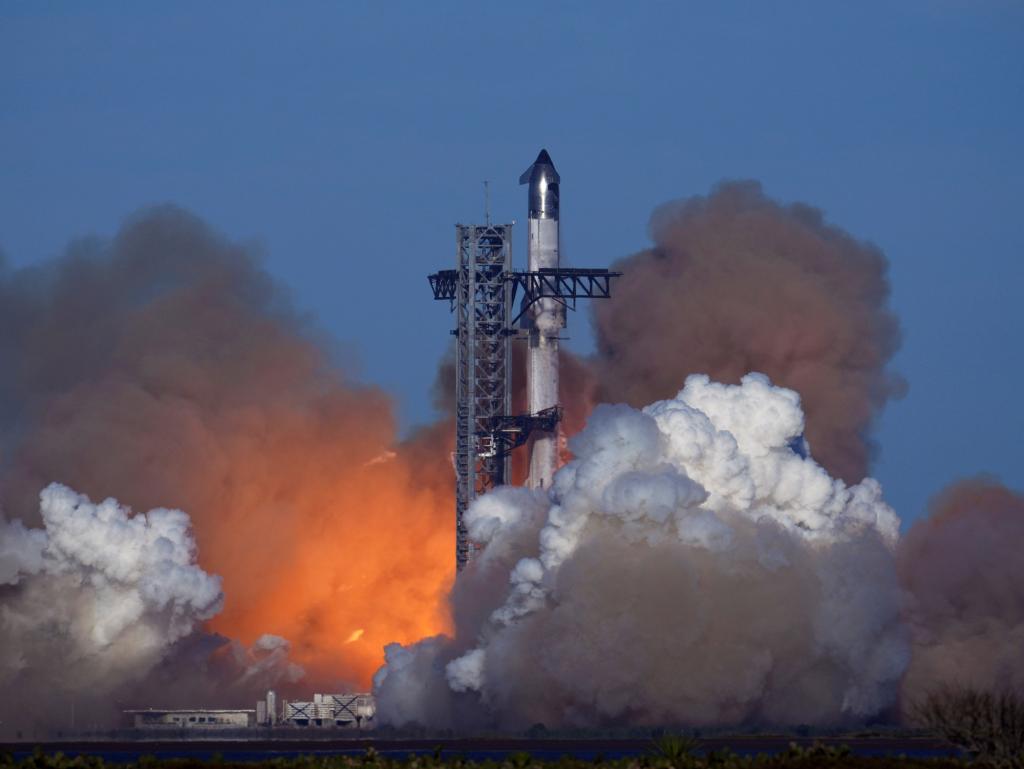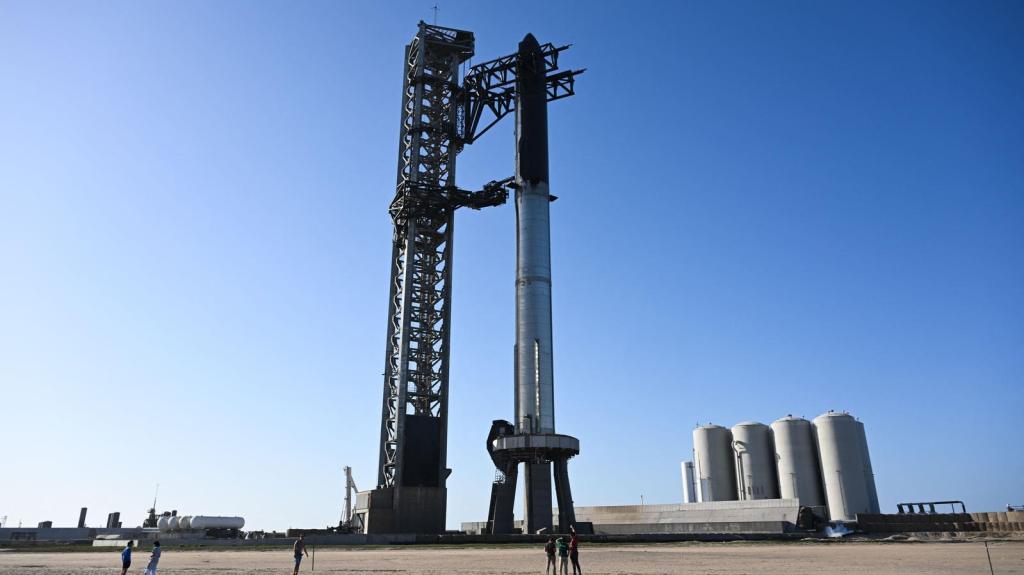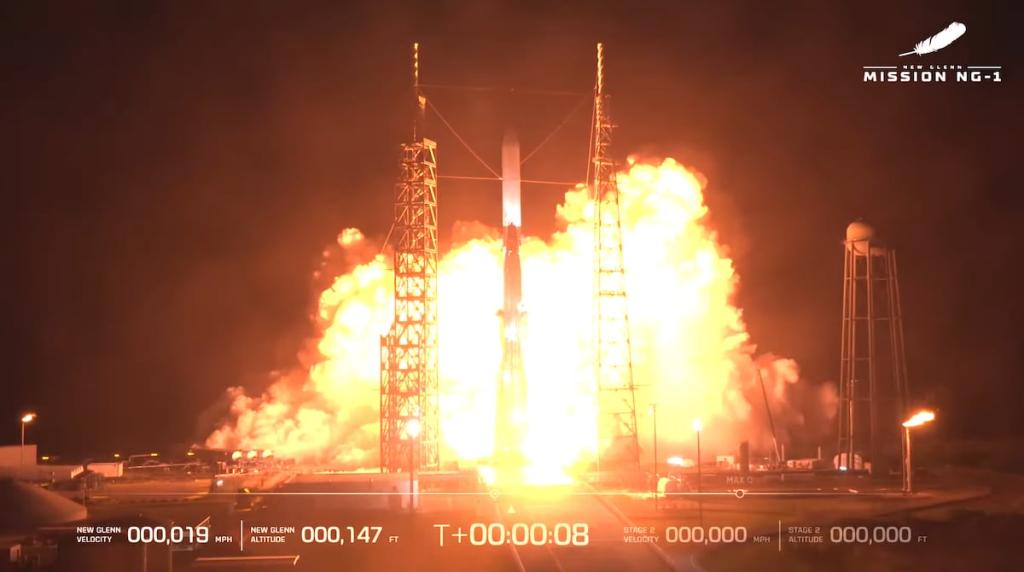Falcon 9 Returns to Flight for Historic Space Missions
SpaceX's Falcon 9 is back in action, gearing up for groundbreaking missions, including the first commercial spacewalk and NASA astronaut transport.
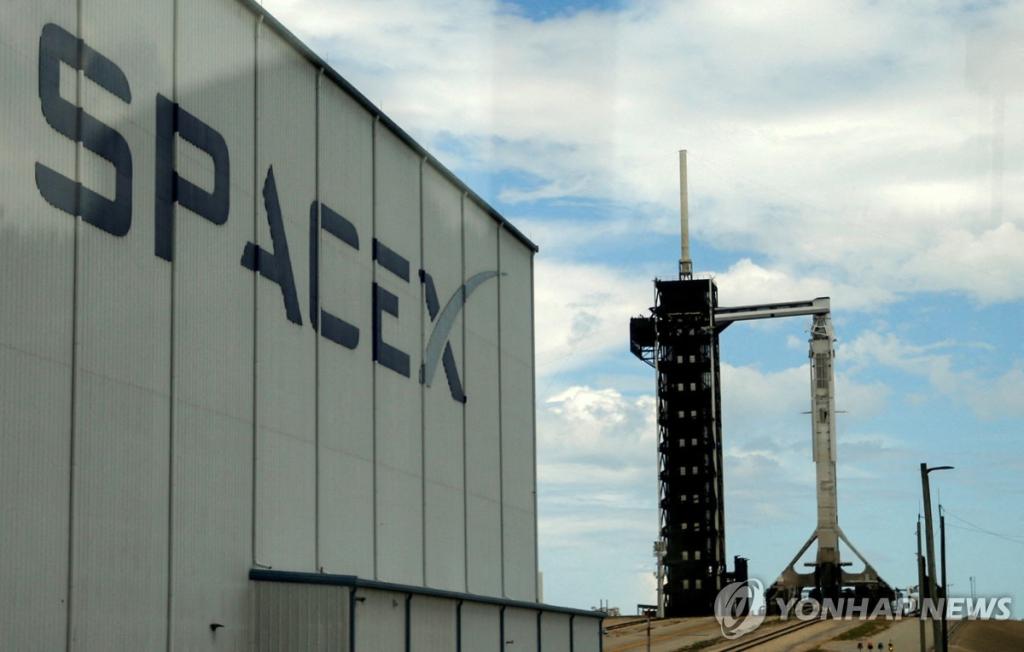
Key Points
- SpaceX
's
Falcon 9was recently grounded due to a landing failure but has now been cleared to resume flights.
- The rocket is set to undertake significant missions, including the first commercial spacewalk with the Polaris Dawn
mission.
- SpaceX continues to innovate and adapt, demonstrating resilience in overcoming challenges in space exploration.
The world of space exploration is no stranger to challenges, and SpaceX, one of the leading pioneers in the industry, has recently experienced its share of hurdles. After a brief grounding, the Falcon 9 rocket is now cleared for liftoff again by the
(FAA). This decision is pivotal as it opens the door for significant upcoming missions, including the first commercial spacewalk and the transport of NASA astronauts to the
(ISS).
The Incident That Led to Grounding
On August 28, Falcon 9 was successfully launched from
, Florida, carrying a batch of
satellites into orbit. However, what followed during the landing of the rocket's first stage raised concerns. While attempting to land on a sea-faring barge, the booster toppled and caught fire. This incident prompted the FAA to ground all Falcon 9 operations while an investigation was initiated. The grounding marked the second this year for the workhorse rocket, which has primarily been known for its reliability and innovative reusability.
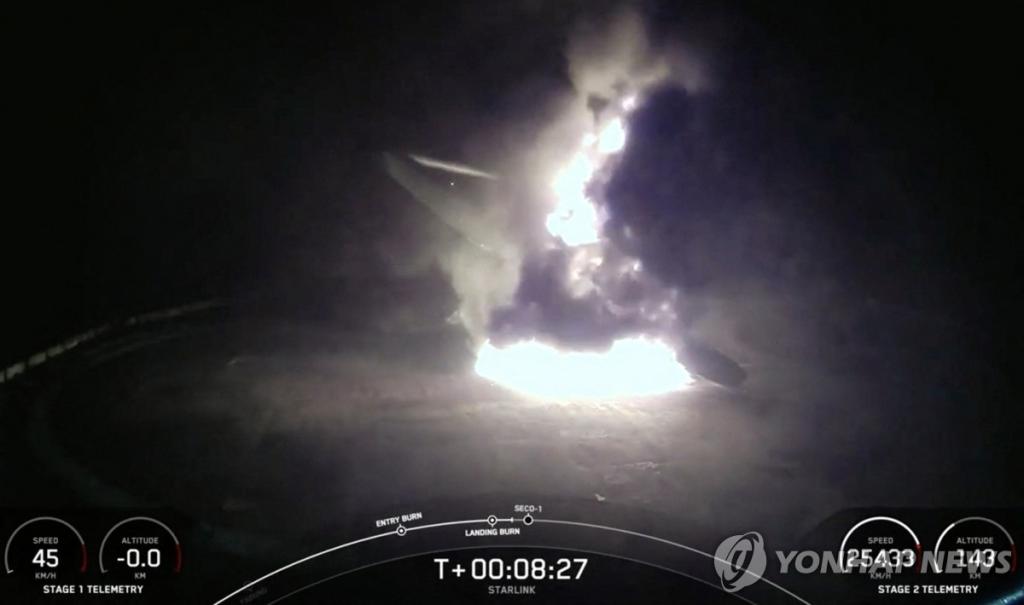
Returning to Flight
The grounding did not last long, as the FAA announced on August 30 that SpaceX could resume operations while the investigation continues. The agency emphasized that all other licensing requirements must be met before flights could officially restart. This swift resolution demonstrates the FAA's confidence in SpaceX's capability to address challenges effectively.
Falcon 9 has a history of rare groundings. Before this incident, the rocket was grounded in July due to a second-stage failure that jeopardized a previous mission. SpaceX's approach to learning from each setback has allowed them to bounce back quickly, generally returning to flight within a short period. The company successfully launched Falcon 9 15 days after the July grounding, showcasing their resilience and expertise in managing complex operations.

Upcoming Milestones on the Horizon
With the return to flight status, Falcon 9 is set to undertake two highly significant missions. First, the Polaris Dawn mission, aiming for the first commercial spacewalk, will carry a crew of civilian astronauts on a groundbreaking journey. This mission highlights the growing role of private entities in space exploration, pushing boundaries that were once reserved for government agencies.
Additionally, in late September, the Falcon 9 is scheduled to launch two NASA astronauts to the ISS. This mission not only represents a continuation of NASA's partnership with SpaceX but is crucial for bringing home astronauts currently stationed on the ISS who faced delays due to a malfunction with
spacecraft. Such missions are critical in maintaining human presence in space and advancing scientific research.
SpaceX's Resilience and Future Prospects
SpaceX has demonstrated time and again its ability to learn from failures and adapt swiftly. The Falcon 9's design, which focuses on reusability, has enabled the company to perform more frequent launches than its competitors, significantly reducing costs and increasing access to space. Despite the recent challenges, the insights gained will further bolster SpaceX's reputation as a leader in aerospace innovation.
As we look to the future, the ongoing investigations into the recent anomalies will undoubtedly lend valuable lessons that will enhance the safety and reliability of space travel. With upcoming missions like Polaris Dawn and the Crew-9 flight, SpaceX continues to pave the way for the next generation of space exploration.
By addressing challenges head-on and promoting a culture of innovation, SpaceX proves that setbacks in aerospace do not indicate failure but rather serve as stepping stones towards remarkable achievements in human spaceflight.
